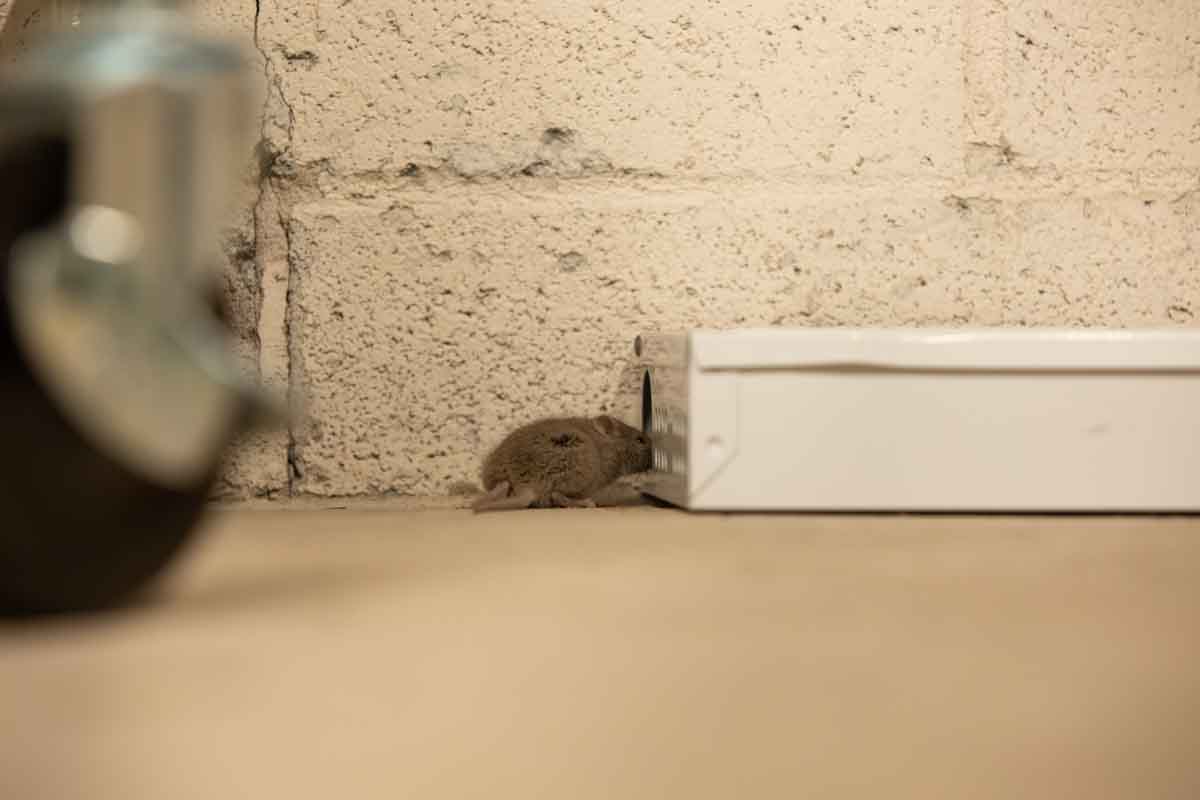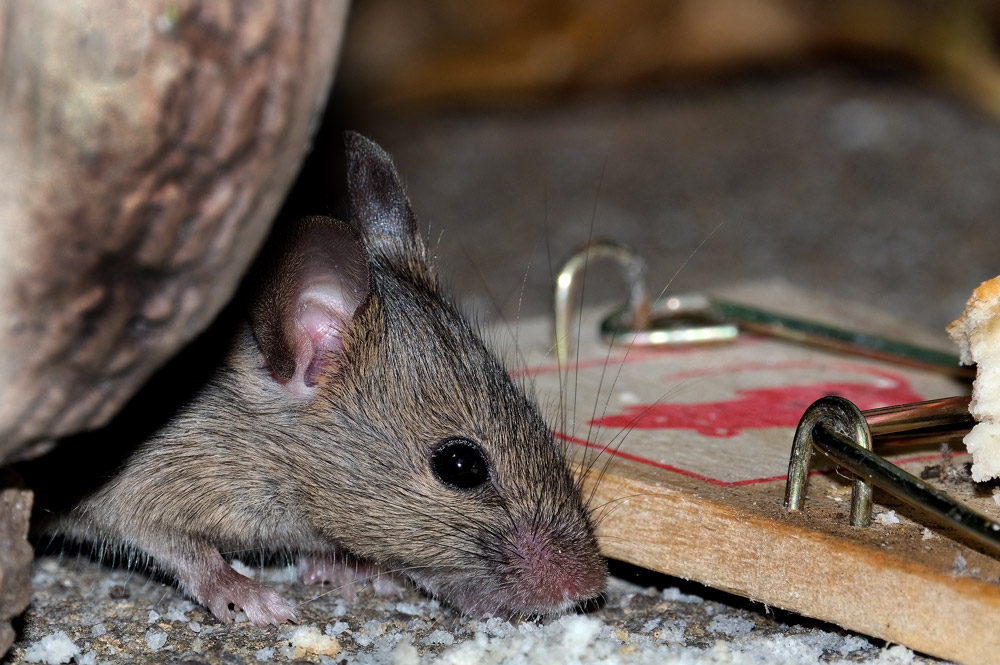In the hospitality industry, establishing guest trust is paramount to ensuring a successful and long-lasting relationship with your clients. One of the critical aspects of building this trust is the assurance of a clean and safe environment. This is where pest prevention comes into play. The presence of pests can significantly undermine the confidence guests have in their accommodations, leading to negative reviews and a decline in business.
To address this, it's essential to understand the crucial role of pest prevention in maintaining a reputable and trustworthy establishment. By prioritizing pest control measures, you not only safeguard the health and safety of your guests but also enhance their overall experience.

The Importance of Pest Prevention in Hospitality
Pests are not just a nuisance; they pose serious health risks and can cause substantial damage to property. In the context of hospitality, where guest trust is vital, the presence of pests can be catastrophic. Imagine a guest finding a cockroach in their room or waking up to bedbug bites - these experiences can lead to immediate distrust and harm your brand's reputation.
Implementing a comprehensive pest prevention strategy is a proactive step towards ensuring that your establishment is free from such incidents. Regular inspections, proper waste management, and effective landscaping [Learn more about landscaping tips for pest control] are just a few measures that can be taken to prevent pest infestations.
Strategies for Enhancing Guest Trust Through Pest Prevention
1. Transparency and Communication
Being open and honest with your guests about the steps you are taking to prevent pests can greatly enhance their trust in your establishment. Providing information on your pest prevention measures, such as regular inspections and treatments, reassures guests that their health and safety are your top priority.
2. Regular Maintenance and Inspections
Conducting regular maintenance and inspections are crucial in identifying and addressing potential pest problems before they escalate. Partner with a reputable pest control service to ensure that your property is consistently monitored and treated. This proactive approach not only prevents infestations but also demonstrates your commitment to maintaining a safe environment for your guests.
3. Creating a Pest-Free Environment
Ensuring your accommodation is pest-free involves more than just spraying chemicals. It's about creating an environment that is inhospitable to pests. This includes proper food storage, sealing entry points, and maintaining clean and clutter-free spaces. For short-term rental hosts looking for specific advice, [check out our guide on pest-proof storage].
Real-Life Impacts of Pest Infestations
To truly understand the importance of pest prevention, consider the real-life impacts of pest infestations. In 2019, a prominent hotel chain faced a significant backlash after guests reported finding bedbugs in their rooms. The incident led to widespread media coverage, resulting in a decline in bookings and a substantial loss of revenue.
Such incidents highlight the need for vigilance and the implementation of robust pest prevention measures. By being proactive, you can avoid the negative consequences associated with pest infestations and maintain the trust and loyalty of your guests.
Additional Resources
For those looking to delve deeper into effective pest prevention strategies, [visit this comprehensive guide]. It offers valuable insights and practical tips for keeping your Airbnb or rental property pest-free.
Conclusion
In conclusion, guest trust and pest prevention are intrinsically linked in the hospitality industry. By prioritizing pest control measures and maintaining transparency with your guests, you can build a reputation as a trustworthy and reliable host. Remember, a pest-free environment is not just about aesthetics; it's about ensuring the safety and satisfaction of your guests.

Frequently Asked Questions
1. How often should pest inspections be conducted?
Ideally, pest inspections should be conducted at least once every quarter. However, the frequency may vary depending on the location and type of property. High-risk areas may require more frequent inspections to ensure early detection and prevention of infestations.
2. What are some natural pest prevention methods?
Natural pest prevention methods include using essential oils like peppermint and lavender, maintaining a clean and clutter-free environment, and ensuring proper food storage. Additionally, implementing landscaping techniques that repel pests can also be effective [more on this topic here].
3. Can pest prevention measures impact guest satisfaction?
Absolutely! Effective pest prevention measures contribute significantly to guest satisfaction by ensuring a clean and safe environment. Guests are more likely to leave positive reviews and recommend your property to others if they feel confident in the cleanliness and safety of their accommodations.
